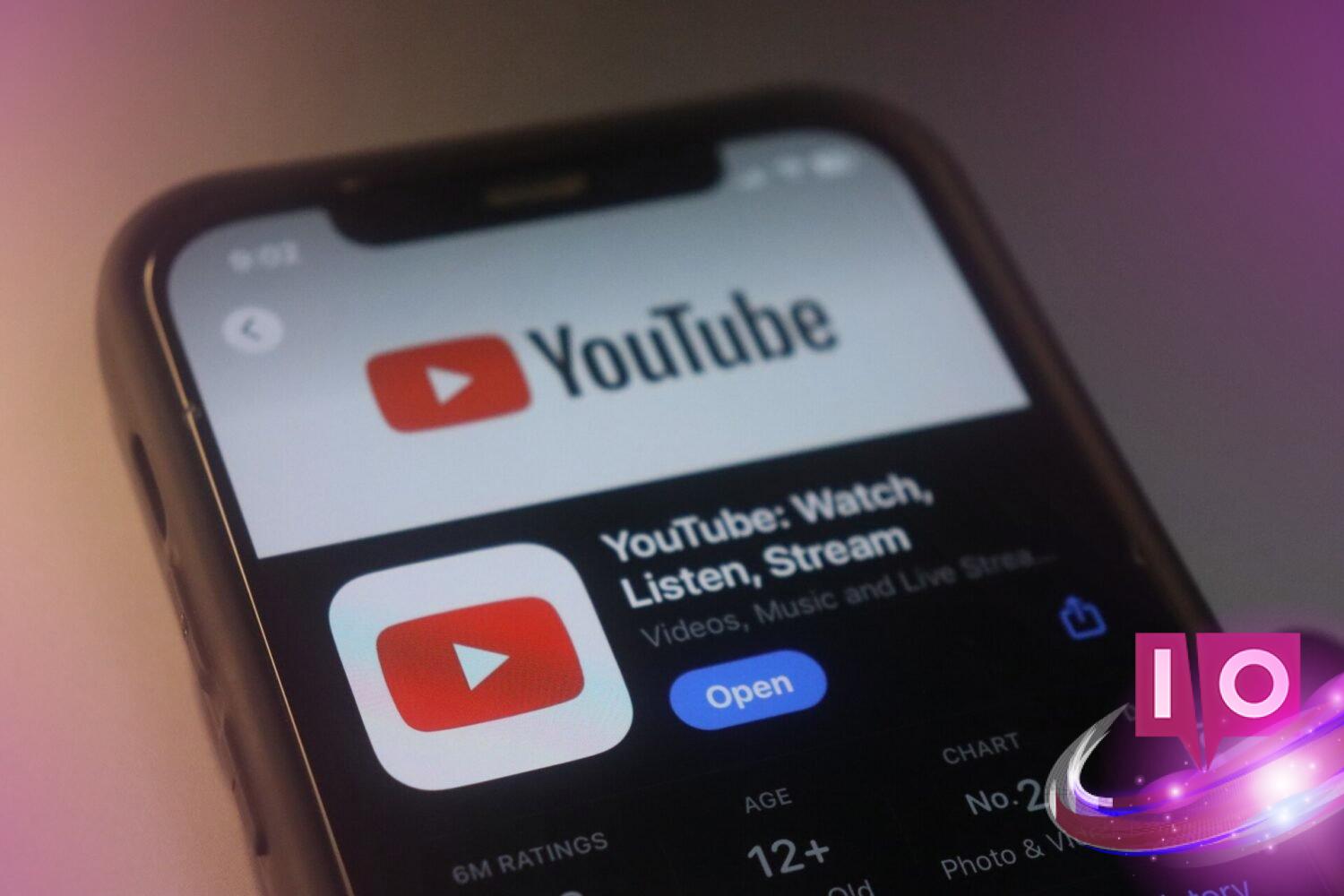Google’s recent decision to align itself with the Trump administration is intriguing, especially in light of ongoing tensions with the Biden administration. In a letter to the US House Judiciary Committee released by Chairman Jim Jordan, Google claimed that the Biden administration pressured it to eliminate content that did not necessarily breach its policies. In response, the company announced a pathway for users whose YouTube accounts were terminated due to COVID-19 misinformation and election denial to potentially return to the platform.
In the same letter, signed by attorney Dan Donovan representing Google’s parent company Alphabet, the company stated that during the pandemic, it felt continuous pressure from the Biden administration. They accused White House officials of conducting “repeated and sustained outreach” concerning user-generated content that supposedly violated no policies. Moreover, Alphabet deemed the government’s influence on content moderation as “unacceptable and wrong.” Interestingly, platforms like YouTube had already begun to address COVID-19 misinformation before Biden took office.
Despite reaching out for comments on their communications with the Trump administration regarding content moderation, Gizmodo did not receive a response from Google at the time of publication.
This situation mirrors the statements made by Meta CEO Mark Zuckerberg during his own scrutiny last year. Zuckerberg criticized government pressure, stating, “I believe the government pressure was wrong,” and expressed regret over their response to such demands. Google, however, did not admit any fault in their letter, instead emphasizing the pressure from the Biden administration regarding content removal.
While YouTube has not admitted wrongdoing, it is taking steps to rectify its previous decisions. In a notable development, the platform plans to reinstate creators who were previously banished under content policies that are now obsolete. “YouTube will offer a chance for creators to return if their channels were terminated for repeated violations of COVID-19 and electoral integrity policies that are no longer in effect,” the company outlined in its letter.
Yet, it seems not all creators will easily regain access. Through a post on X, YouTube mentioned a “limited pilot project” aimed at a select group of creators, in addition to those whose channels were removed for outdated policies. They also hinted at supporting Trump-aligned creators to ensure diversity in discourse, emphasizing the substantial impact these voices have within the community.
So, why is Alphabet seemingly ceding ground on its previous content policies? The final remarks in the letter reveal a hint, as the company acknowledges that Jim Jordan’s committee has shed light on how heavy regulations, such as the Digital Services Act and Digital Markets Act, might inhibit innovation and access to information. These laws, introduced by the European Union, aim to impose regulations on platforms like YouTube for enhanced user protection.
The Trump administration has expressed interest in sanctioning the EU for these regulations that predominantly affect major tech firms based in the US. Given Google’s ongoing scrutiny regarding its business practices under EU law, the company may be willing to tolerate controversial content in exchange for regulatory flexibility. If this allows figures pushing misinformation about COVID-19 to disseminate their views freely, Google seems prepared to make that compromise. Welcome back, controversial voices; it’s as if you never left.
What does this mean for creators and the platform’s evolving content standards? Google’s decision may lead to increased scrutiny, as public interest in responsible content moderation continues to rise. The implications for YouTube’s community and its content policies are profound.
What impact does government pressure have on content moderation policies? Government pressure can lead tech companies to reshape their content policies to avoid scrutiny, which can sometimes result in the suppression of legitimate discourse.
Can YouTube creators banned for misinformation return to the platform? Yes, there will be opportunities for creators whose channels were terminated under defunct content policies to potentially resume their presence on YouTube.
Why are tech companies altering their content moderation strategies? Changes in content moderation strategies often result from external pressures—whether political or regulatory—as industries adapt to shifting legal landscapes and public sentiment.
How has the EU’s Digital Services Act affected tech firms? This legislation aims to hold tech companies accountable for the content shared on their platforms, implying stricter regulations which may influence companies’ operational decisions.
For more insights and updates on the intersection of technology and policy, feel free to explore related articles on Moyens I/O.
